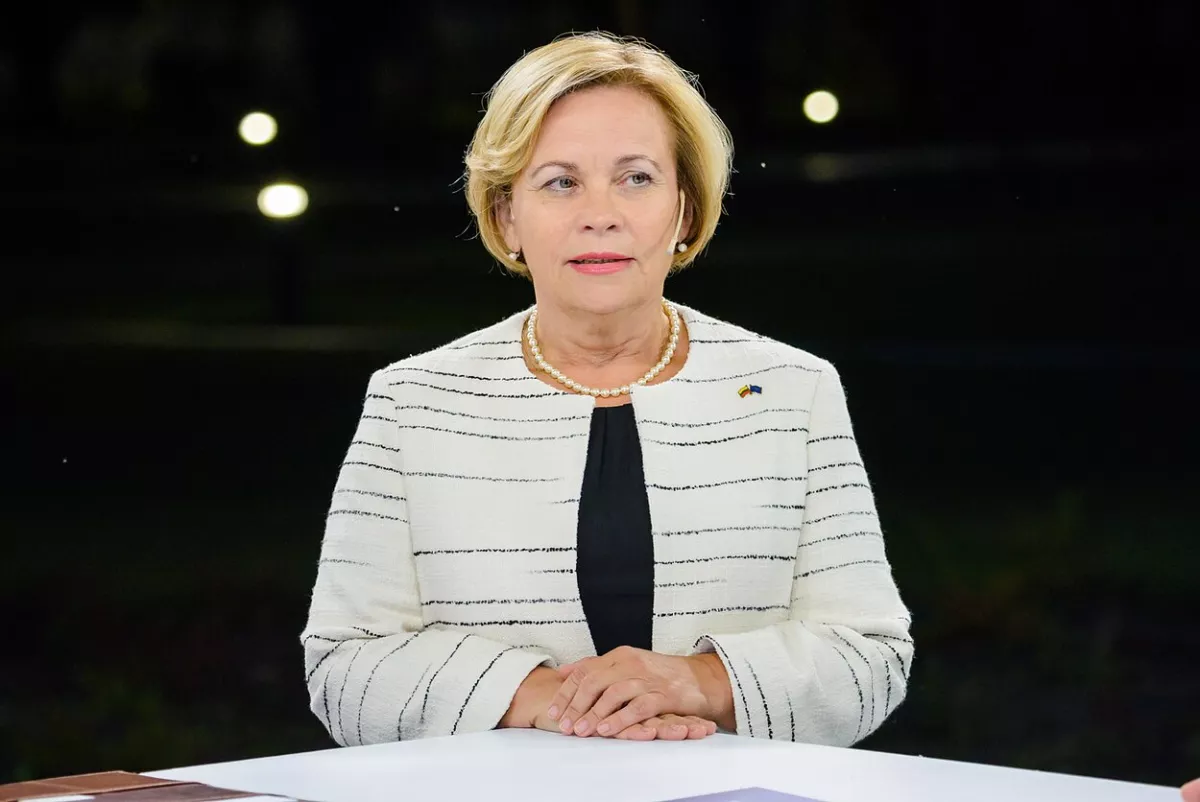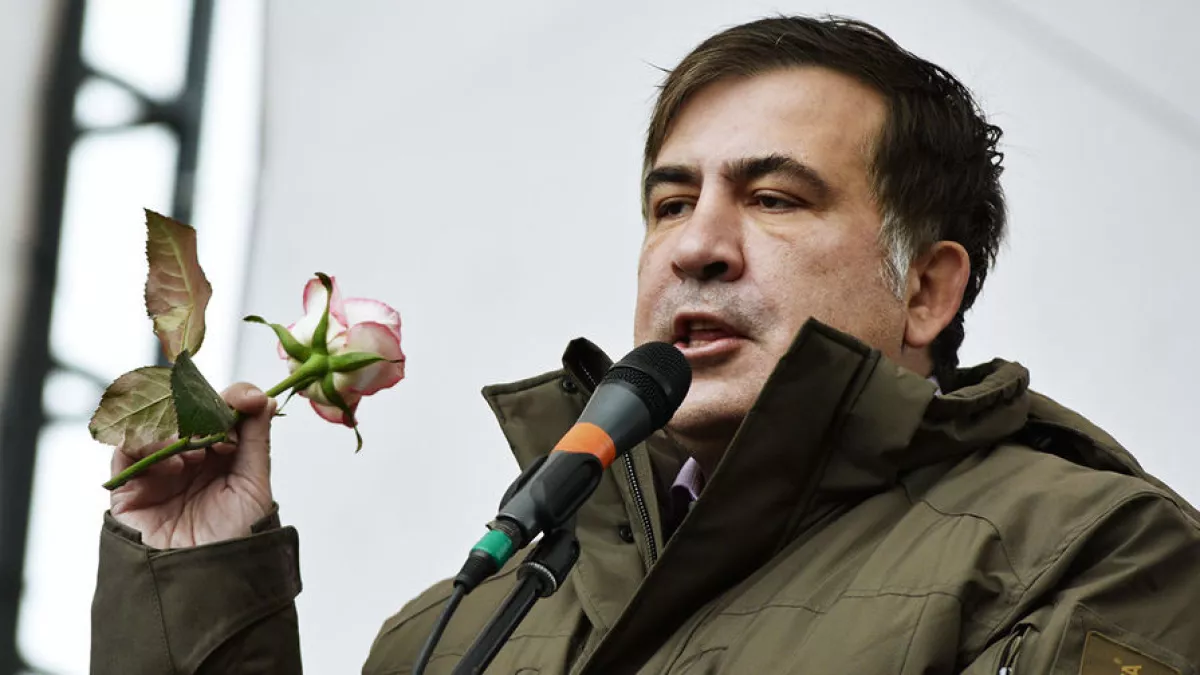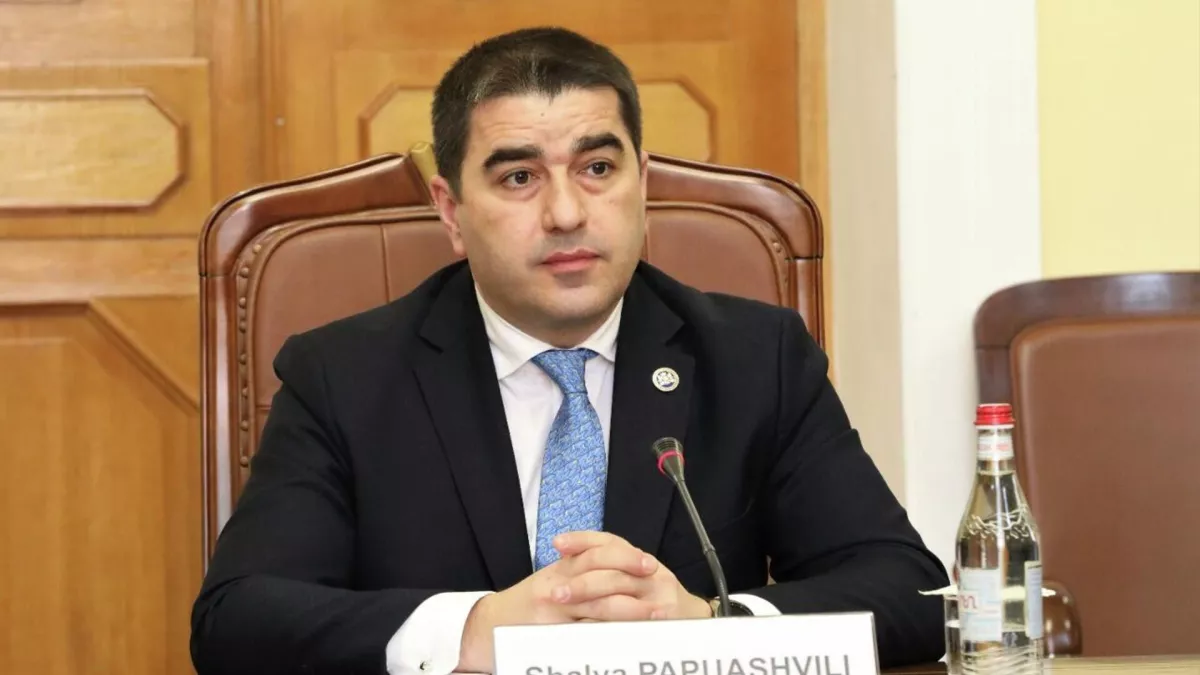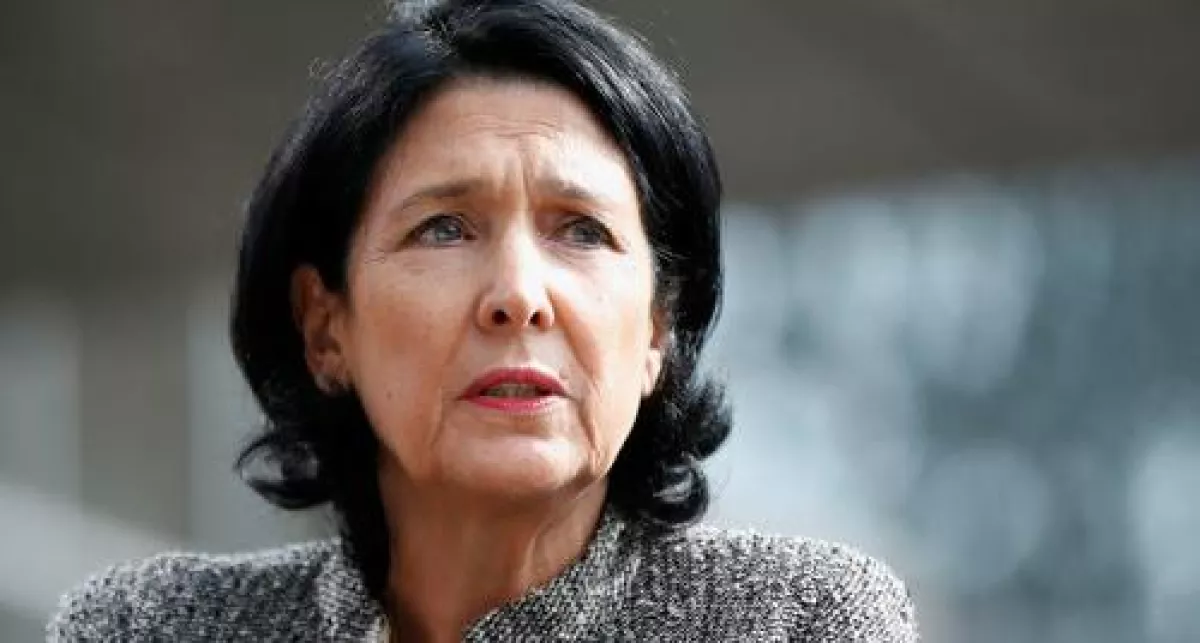Georgia, the EU, and the “Molotov cocktail” How Brussels is losing Tbilisi
The European Parliament has recently carried out yet another anti-Georgian move: the Committee on Foreign Affairs approved its annual report on Georgia, prepared by Lithuanian MEP Rasa Juknevičienė, who is well known for her aggressive stance towards Tbilisi.

The press release accompanying the report, published by the European Parliament, contains a standard set of accusations, including the claim that "the rigged October 2024 parliamentary elections in Georgia marked a clear turning point towards an authoritarian government in the EU candidate country."
MEPs once again called for new parliamentary elections to be held under international supervision and demanded that the European Commission reconsider the implementation of the EU–Georgia Association Agreement. The report also notes that “the upcoming municipal elections in 2025 are another test of the resilience of Georgia’s democracy and political pluralism.”
The document also calls on the opposition to “to seize this opportunity to reflect the unity of the Georgian people in support of democracy and the rule of law, as already demonstrated by the peaceful protests that followed October’s elections.”
However, a paradoxical situation is unfolding: on the one hand, the European Parliament refuses to recognise the legitimacy of the current government; on the other, it is effectively urging the pro-Western opposition to take part in local elections organised by that same government.
This position is no coincidence. External “handlers” are tasking the opposition with securing representation in local self-government bodies, including the mayoral offices of Tbilisi and Batumi.

In a similar situation back in 2002, the leader of the United National Movement, Mikheil Saakashvili, became chairman of the Tbilisi City Assembly, which ultimately paved the way for his rise to power following the 2003 Rose Revolution.
But today, the reality is different. While in the past, appeals to European values resonated with the public, a growing number of Georgian citizens are now becoming disillusioned with the EU and its agenda — including attempts to impose LGBT rhetoric.
In fact, the pro-Western opposition offers the public little more than “gay parades,” threats of a “second front,” and the prospect of another destructive war. Even according to a pro-EU Eurobarometer survey conducted in Georgia between March 27 and April 15, 2025, among 1,011 respondents, trust in the EU has dropped by 17% compared to spring 2024 — from 66% to 49%.
Moreover, in the same poll, 51% of respondents expressed trust in the national government, while 44% did not. This indicates that the pro-Western opposition cannot realistically expect broad success in the upcoming elections.

The reasons behind the loss of trust in the EU were partially explained by Georgian Parliament Speaker Shalva Papuashvili. He specifically recalled a 2023 incident involving protester Lazare Grigoriadis, who attempted to set a police officer on fire using a Molotov cocktail. Despite this, Grigoriadis was pardoned at the insistence of European politicians.
"The EU is now associated with the Molotov cocktail... The European ideal has become the throwing of a Molotov cocktail," Papuashvili stated.
He emphasised that Grigoriadis had previously assaulted his own father and had been criminally prosecuted for it. Encouraging such behaviour, in Papuashvili’s view, only fuels further violence: while there was just one such incident recorded in 2023, the number had risen to ten the following year.
Thus, in the eyes of many Georgians, “Euro-activists” have come to symbolise aggressive representatives of the LGBT community who throw Molotov cocktails and show disrespect toward their own families.
It is hardly surprising that a traditionally minded society does not wish to view such individuals as heroes.
Many within the opposition are fully aware of their low approval ratings and initially pinned their hopes not on elections, but on street protests and a potential coup. However, judging by the sudden shift in rhetoric, directives from Europe have forced them to change tactics and begin preparing for elections. Still, given the EU’s declining popularity, their chances of victory remain extremely slim.

Tbilisi Mayor Kakha Kaladze offered a blunt assessment of the opposition, describing it as “a network of agents controlled from abroad.” “A few months ago, they claimed that participating in the elections would be catastrophic for them. Now their rhetoric has softened—because they’ve been given new instructions. These people belong neither to themselves, nor to their families, nor to their country,” he remarked. According to Kaladze, the opposition lacks both resources and any political future in Georgia.
Meanwhile, the wave of anti-Georgian actions in the EU continues. The city of Nantes (France) has announced the suspension of its nearly 50-year-long sister city relationship with Tbilisi. The Nantes authorities cited “repression of the opposition” and “political dismissals” in the Tbilisi City Hall as justification, while pledging to maintain support for civil society.
They also voiced concern over the “mass protests” that took place at the end of 2024. However, those protests have since fizzled out and now amount to sporadic demonstrations by fringe groups—something the Nantes administration appears to ignore, instead following talking points handed down from Macron’s office.

Paris’s dissatisfaction is also driven by the fact that Salome Zourabichvili—a former French citizen—was unable to remain in power. Moreover, the EU has not forgiven Georgia for its “defiance” and refusal to submit to external pressure. Georgia dared to defend its sovereignty, rejecting European blackmail.
The myth of a “united Europe” as a “geopolitical paradise” is beginning to crumble before our very eyes—and it is Georgia that marks the starting point of this unraveling.
Vladimir Tskhvediani, Georgia, exclusively for Caliber.Az








